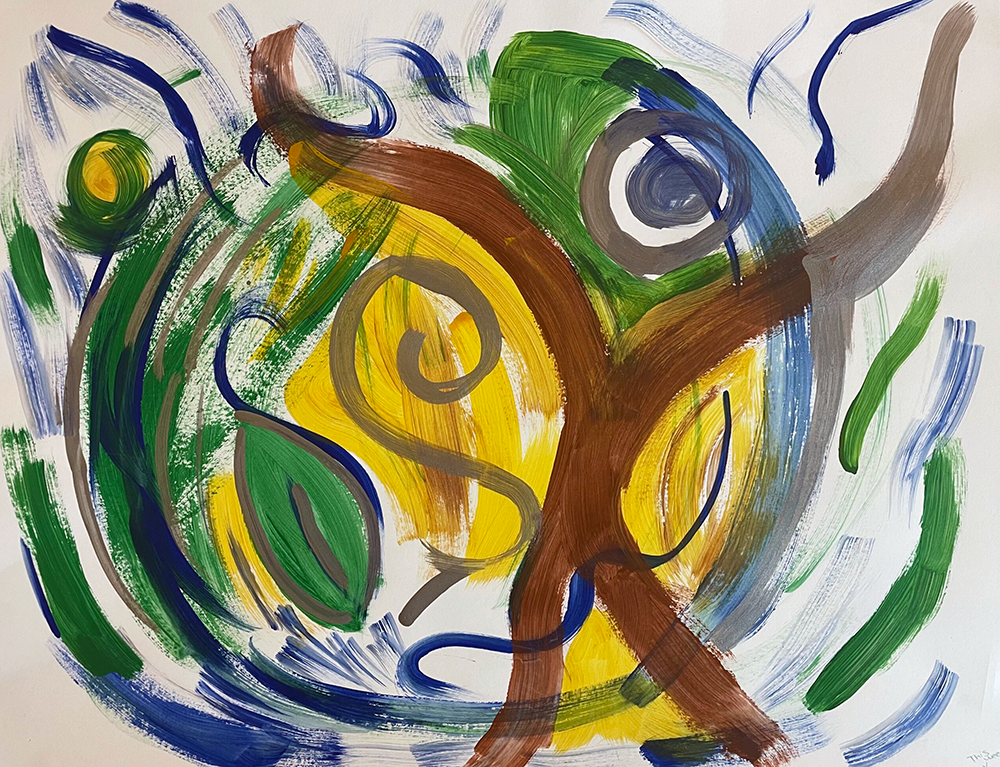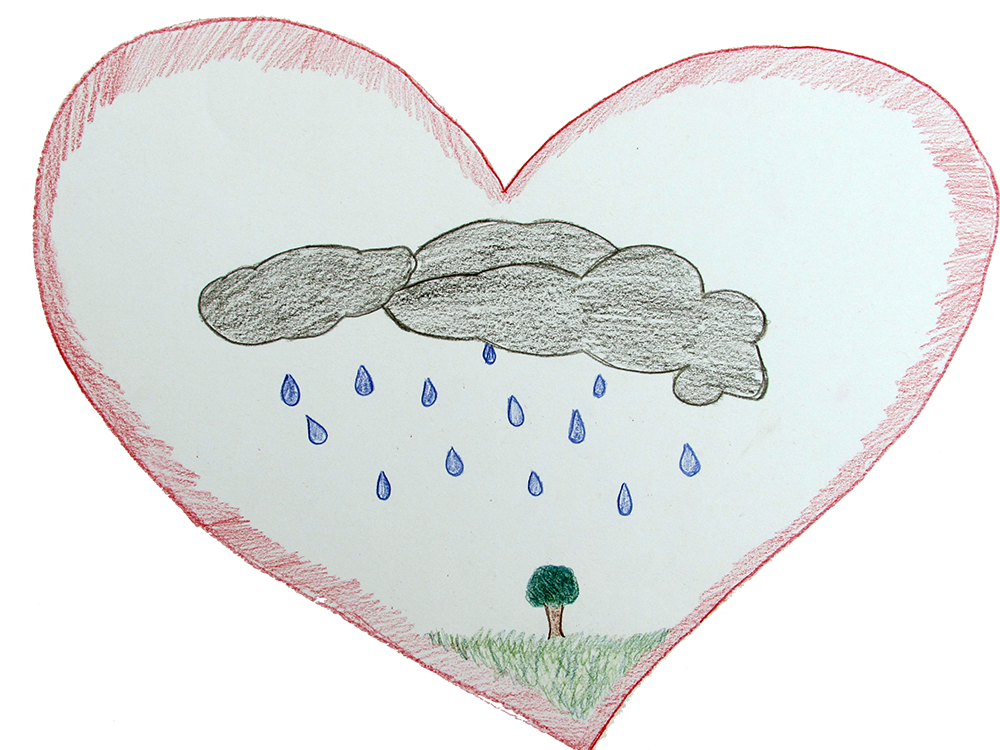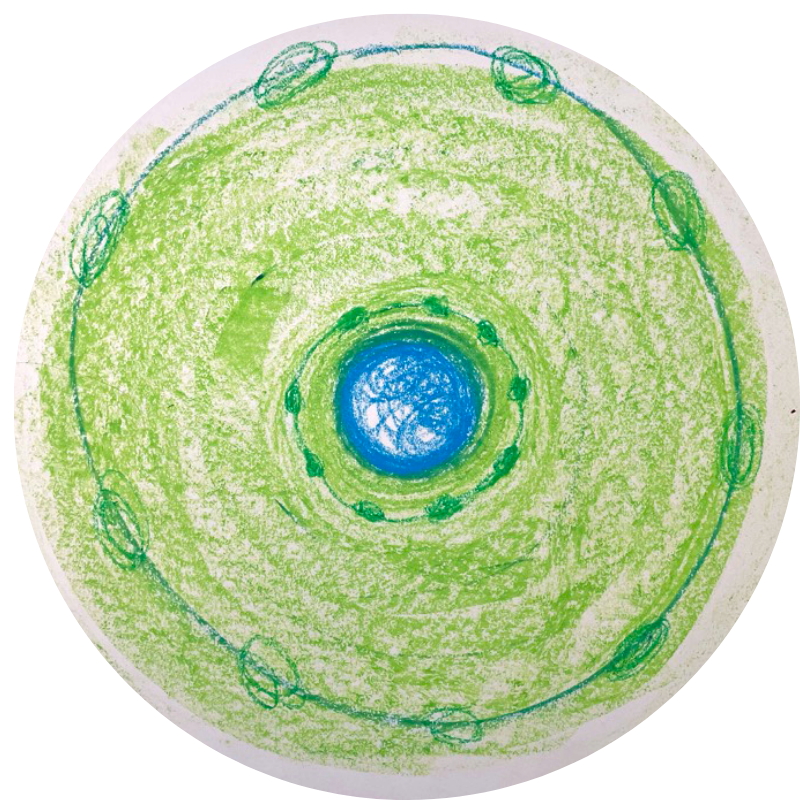Trauma-Informed Art Therapy
Art therapy is an effective and efficient way of making positive change.
Whether or not you consider yourself to be "artistic," art is a powerful and practical tool to help people feel and function better.
The process is collaborative, following the pace and preferences of each participant. Sessions usually combine spacious time to talk with time to create art.
All activities are trauma-informed, applying deep knowledge of neurobiology, attachment and development, and polyvagal theory. The therapeutic process will incorporate principles of recovery and an understanding of the impacts of family, cultural and institutional systems on the individual. When relevant, we will integrate communication skills, using the framework of nonviolent communication.

Spirit Rock Meditation Center
Combining art activity with somatic awareness helps to regulate our nervous systems and integrate our brain functions. We become more able to take actions that are consistent with our intentions for how we want to be and what we want to do.
The movement involved in any art activity helps us get past our conscious minds - what we already know - and into our midbrain, where the 70% of our memory that we don't have conscious access to lives, including stored traumatic memories.
Highly analytical, logical, left-brained people benefit from the ways that art therapy balances the activity of right and left brain hemispheres, expands the capacity for attuned self-awareness, and facilitates communication of internal experience.

Artsy folks are able to connect their visual processing skills with verbal self-expression and delight in finding a therapist who can support creative exploration and play.
Everyone has the capacity to create. We can use our creative potential to look at what is not working in our lives, explore new possibilities, and envision a more hopeful future.

Many challenges that arise in other areas of life come up during the art making process, providing opportunities to notice and shift habitual patterns of thought and behavior.
Witnessing the immediate consequence of our art choices develops executive skills of planning and sequencing.
I encourage you to give art therapy a try! I am committed to facilitating an experience that feels safe and comfortable, and is usually pleasurable as well as useful.
You are invited to schedule an initial consultation to explore the possibility of working together.
